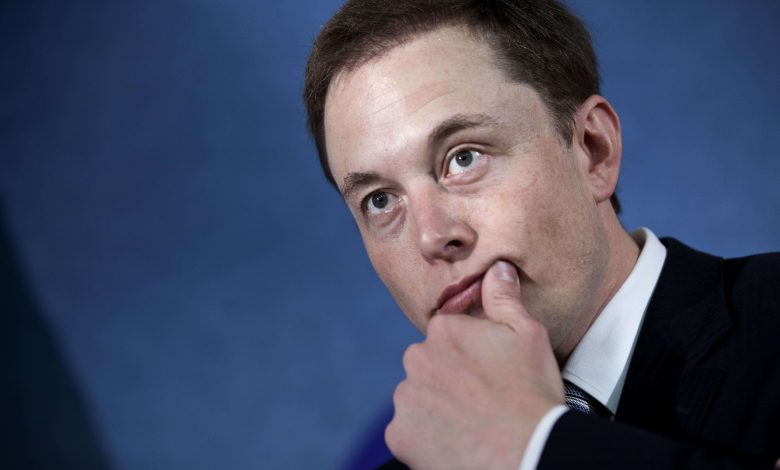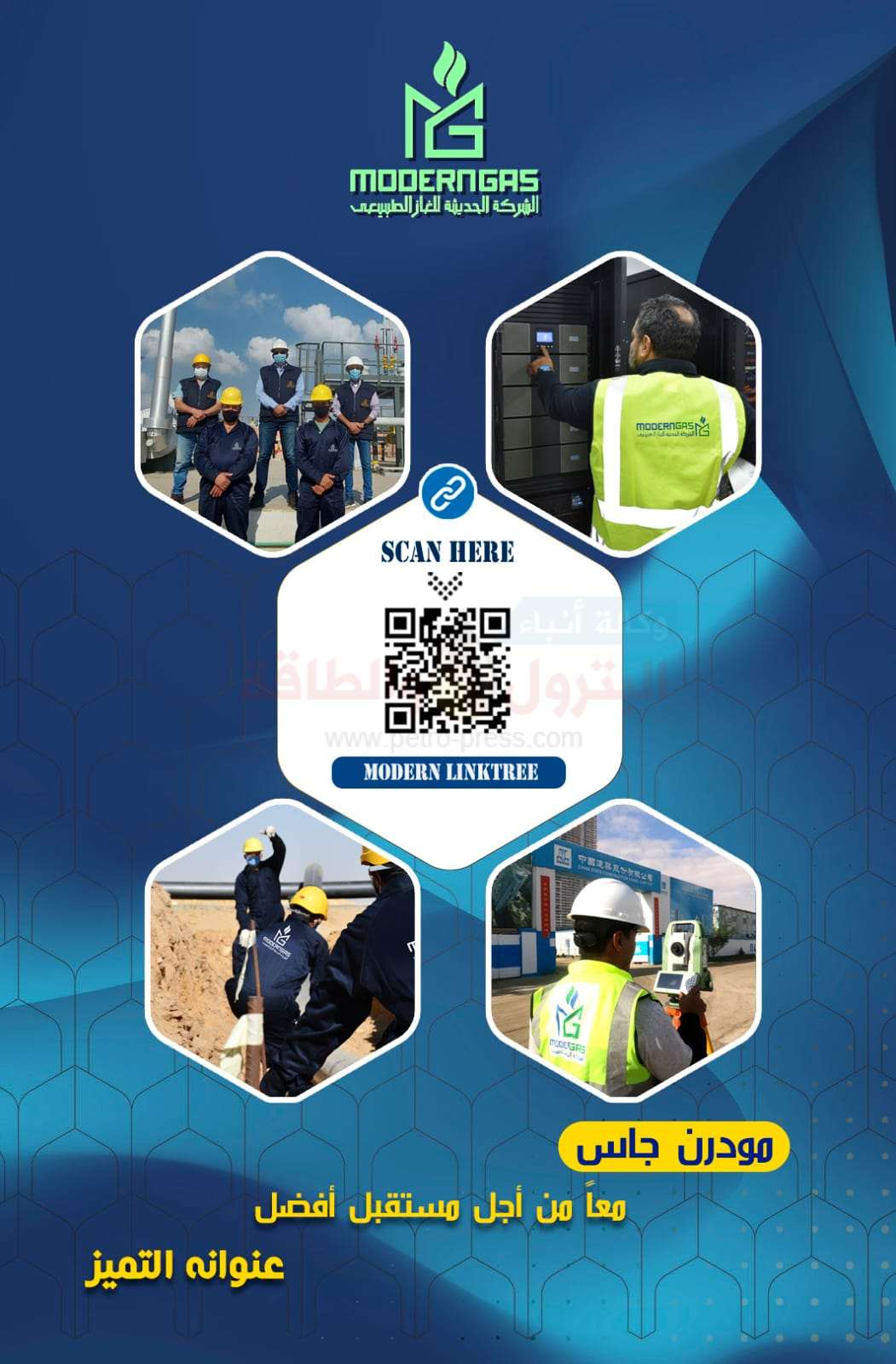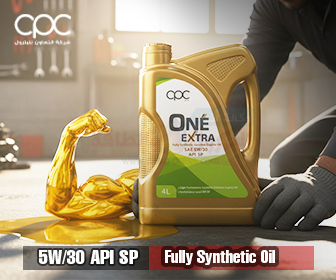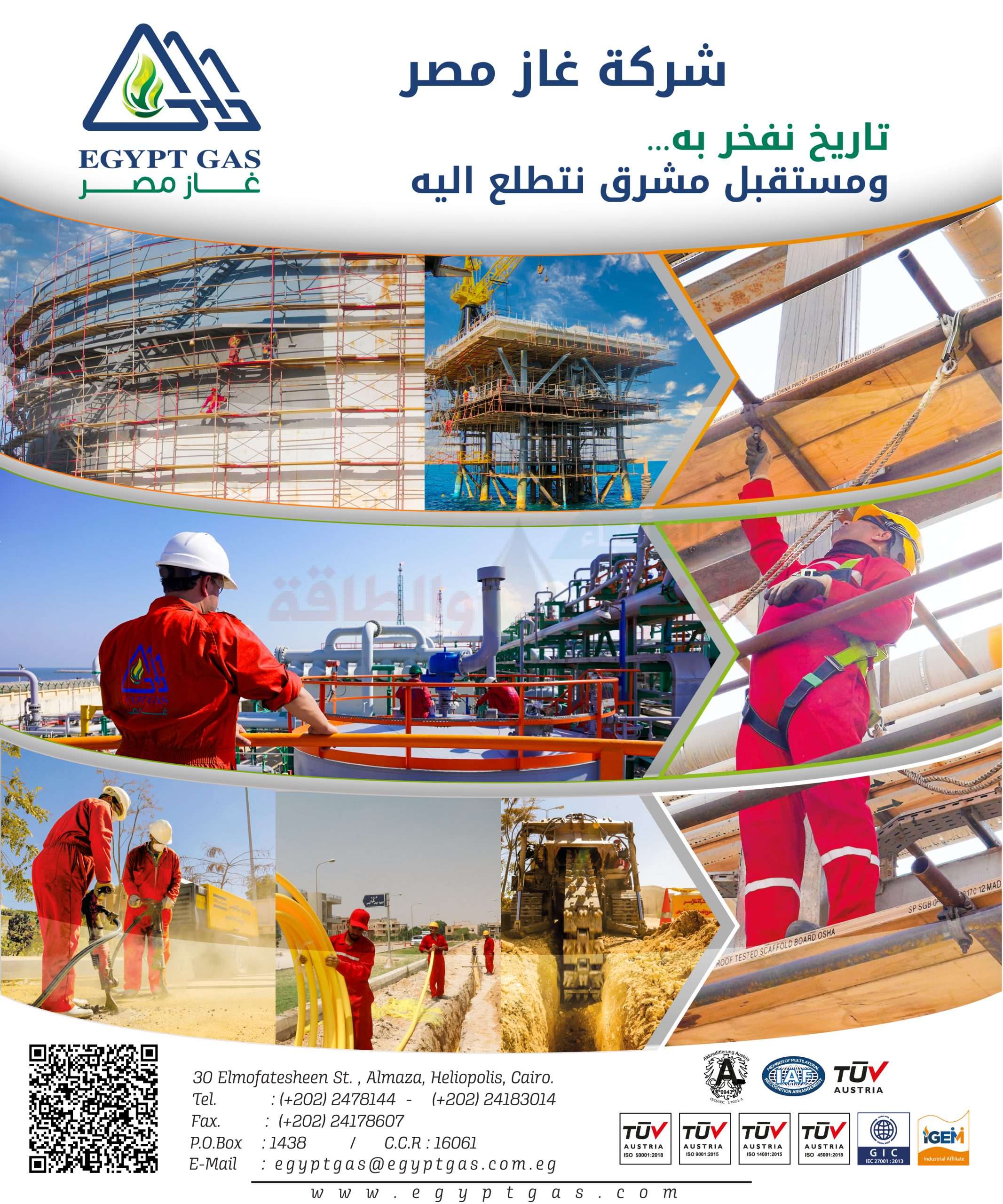Tesla, Panasonic said to end joint solar cell production at Buffalo factory

[ad_1]
In another sign of a strained partnership, Tesla and Panasonic are reportedly ending their joint production of solar cells at Tesla’s Gigafactory 2 facility in New York, according to a report in the Nikkei Asian Review.
Tesla and Panasonic formed a joint venture to manufacture solar cells there four years ago. As part of their deal, Panasonic committed to paying for part of the equipment at the plant in Buffalo, New York. They began producing components for solar photovoltaics there in 2017.
While Panasonic-made solar cells were going to be used primarily by Tesla to make its own solar panels, Tesla’s current Solar Roof product uses cells made in China instead. According to Nikkei, Panasonic has been selling cells it made at the Buffalo plant to other clients.
Tesla and Panasonic did not immediately reply to requests for further information.
Panasonic is still a main supplier of battery cells to Tesla for its vehicle battery packs, and the two companies jointly occupies a giant plant, called Gigafactory 1, outside of Reno, Nevada. However, Tesla has also been forging ties to battery cell makers CATL in China and LG Chem in South Korea.
Tesla has been under pressure to revitalize its solar business. Even with a record fourth quarter for its solar energy and storage systems business in 2019, Tesla’s energy revenue declined by over $24 million over the year, after several rounds of layoffs that started the prior year.
If Tesla fails to employ 1,460 people at its Buffalo plant in April this year, it will have to pay a $41.2 million penalty to the state of New York, or get an exemption somehow.
On Tuesday night, a press secretary for Empire State Development group said, in a tweet, that Tesla expects to exceed that benchmark goal by the deadline with 1,500 workers or more in Buffalo and 300 more throughout the state of New York.
New York taxpayers doled out $959 million to build Tesla’s factory, including equipment purchases, and went $209 million over the original expected budget. There was no incentive between the state and Panasonic.
Tesla’s CEO and chief product architect, Elon Musk, is in the midst of a battle with the company’s shareholders, who sued the electric car maker in 2017 over its $2.6 billion acquisition of SolarCity. Some shareholders say the deal never should have happened and amounted to a bailout for Musk and his cousins, Lyndon and Peter Rive, who started SolarCity.
Musk was co-founding chairman of SolarCity and its biggest shareholder at the time of the acquisition. He’s expected to stand trial in Delaware’s Chancery Court in March.
Ahead of the deal, Musk showed off glass-like solar roof tiles in 2016. Those tiles still haven’t been mass-produced, or sold and installed pervasively on the rooftops of Tesla Solar customers.
To read the full article from Nikkei Asian Review, click here.
Source link





